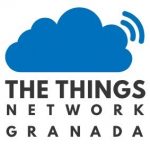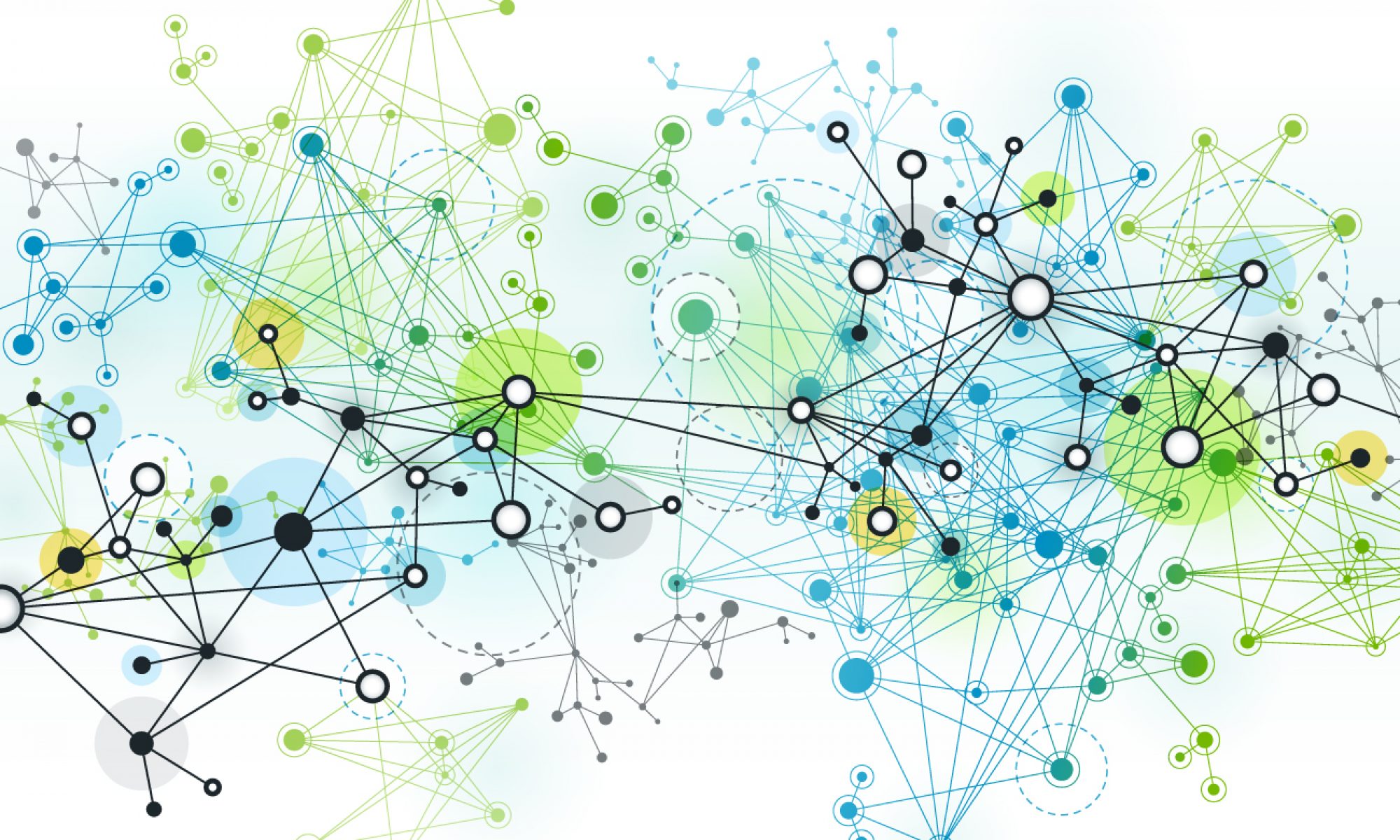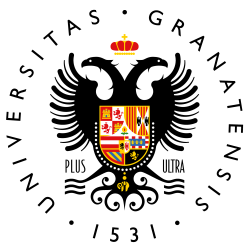Jorge Navarro-Ortiz is an Associate Professor of Dpt. Signal Theory, Telematics and Communications of the University of Granada. Currently he has two periods (from 2007 to 2018) of 6 years on research work (2 sexenios de investigación) recognized by the Ministry of Education and Science and three periods (up to Feb. 2020) of 5 years on teaching activity (3 quinquenios docentes) recognized by the University of Granada.
He has been Head of the Department of Signal Theory, Telematics and Communications of the University of Granada (from February 2019 to March 2023). Currently, he is a Scientific Manager of the State Research Agency (TIC/TCO area), part of the Spanish Ministry of Science, Innovation and Universities (since November 2021, for a period of 3 years). He is also a member of the management board of the Spanish Scientific Society of Telematics Engineering (SCITEL, previously known as ATEL, which is now part of the Consultative Committee for Digital Transformation of the Spanish Ministry of Economic Affairs and Digital Transformation) (since March 2015). He is also the responsible of the Research Thematic Unit (UTI) “Information Processing and Communications” and is part of the Goverment Commission of the Research Center on Information and Communications Technologies (CITIC) (since November 2023).
Previously, he has been Coordinator of the Telematics Engineering area of knowledge of the University of Granada (from March 2015 to February 2019). He has also been Scientific Manager (temporarily during Feb-Mar 2021), panelist (2018) and external evaluator (in different calls) for the State Research Agency, part of the Spanish Ministry of Science, Innovation and Universities.
He is also a member of the Academic Commission and the Quality Commision for the M.Sc. of Telecommunications Engineering (from course 14/15), the Degree Committee (Consejo de Titulación) (from course 17/18). Additionally, he has also been a member of the Centre Board (Junta de Centro) of the School of Informatics and Telecommunications Engineering of the University of Granada (from April 2019 to March 2023), its Academic Commission (from April 2019 to Dec. 2020) and its Government Commision (from April 2019 to March 2023).
He obtained his M.Sc. in Telecommunications Engineering from the University of Malaga in 2001. Afterwards, his professional career was developed in the mobile communications field, working at world-leading manufacturers such as Nokia Networks, Optimi/Ericsson and Siemens.
In 2006 he started working at the University of Granada as assistant professor, where he got a Ph.D. in Telecommunications Engineering with the thesis titled “Mechanisms for Improving the Quality of Experience over IEEE 802.11 Networks” (summary at TESEO), realized under the supervision of Prof. Juan Manuel Lopez Soler. During this work, he performed a research stay at the Dipartimento di Ingegneria dell’Informazione of the University of Pisa during summer 2009 (June – September).
Currently, he is a member of the Wireless and Multimedia Networking lab (TIC-235), research group headed by Prof. Juan Manuel Lopez-Soler, created from the Research Group in Signals, Telematics and Communications (TIC-123). Within this group, he has been participating in several research contracts in the field of 4G/5G mobile communications, among other topics. He is also member of the Research Center on Information and Communications Technologies (CITIC) of the University of Granada. During his post-doctoral period, he performed a research stay at the Broadband Wireless Networking Lab (headed by Prof. Akyildiz) of the Georgia Institute of Technology (Atlanta, USA) as visiting professor, investigating the deployment of Small Cells in TV White Spaces (June – September 2012).
His research interests include the enhancement of quality of service (QoS) and experience (QoE) in wireless networks, radio cognitive networks, 4G mobile networks (such as LTE and LTE-Advanced) and 5G mobile networks using SDN/NFV paradigms. Additionally, he is also active in the field of Internet of Things (IoT) in both 5G and LPWAN (low-power wide area networks) networks.
In this last topic, he is the initiator of the Granada community (contact: thethingsnetwork@ugr.es) of The Things Networks, a license-free and collaborative LPWAN based on the LoRaWAN standard.

The Things Network Granada community
- E-mail: jorgenavarro [at] ugr.es
- Post address: ETSI Informatica y de Telecomunicacion, despacho 2.19. C/ Periodista Daniel Saucedo Aranda, s/n. 18071 Granada (Spain).
- Phone: (+34) 958 241000, extension 20042
- Profiles in LinkedIn, ORCID, ResearcherID/Publons, ScopusID, Google Scholar, ResearchGate, SciProfile
- Repositories: GitHub, BitBucket

